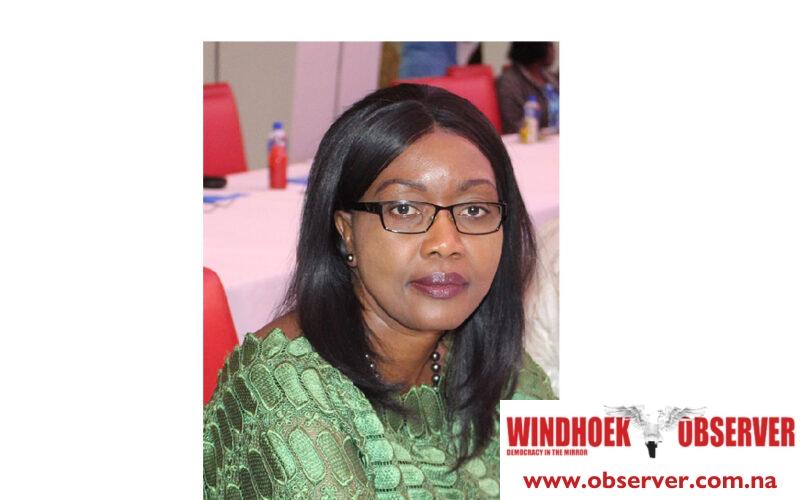Niël Terblanché
Namibia’s challenges in accessing global capital markets, exacerbated by factors such as exchange rate and market volatility came under scrutiny at the Human Rights 75 high-level event in Switzerland.
The country’s classification as an upper-middle-income country is limiting its access to developmental assistance because of stringent loan conditions that are not centred on human rights.
Dr Saara Kuugongelwa-Amadhila, the Prime Minister of Namibia, while chairing the third roundtable discussion at the event marking the 75th anniversary of the Universal Declaration of Human Rights (UDHR) in Geneva said that there is an urgent need to address global inequalities and injustices
She expressed alarm at the state of global peace and security, exacerbated by political instability, the catastrophic impacts of climate change, and extreme poverty.
The Prime Minister reiterated the importance of the UDHR, which affirms the universality and interdependence of human rights.
She drew the attention of participants to Namibia’s Constitution, which embodies the aspirations to respect, protect, and fulfil human rights, including the right to development as a precursor to achieving the Sustainable Development Goals (SDGs).
The Prime Minister focused on the concept of a human rights economy, which necessitates operationalizing the interdependence of rights to strengthen human rights implementation efforts.
Kuugongelwa-Amadhila called for transparency and fairness in international investment and trade systems, emphasizing the need to prevent tax avoidance by multinationals and other illicit outflows contributing to debt distress in developing countries.
She also stressed the need for shared prosperity through technology sharing between the north and south and the development of full value chains for mineral resources to ensure equitable sharing of benefits.
“The consistent and transparent regulation of multinational entities, especially in compliance with environmental policies is a crucial factor,” she said.
About Namibia’s challenges in accessing global capital markets, exacerbated by factors such as exchange rate and market volatility, the Prime Minister expressed disappointment with frivolous loan conditions.
She added that Namibia’s classification as an upper-middle-income country is limiting its access to developmental assistance.
Kuugongelwa-Amadhila stressed that development policies must centre around human rights, with economic decision-making based on human rights considerations.
“Namibia’s approach, as reflected in its national development policies like Vision 2030, the Harambee Prosperity Plan, and the periodic National Development Plans, aims to balance social development with economic growth,” she said.
She told participants that Namibia is committed to addressing wealth inequality through policies like the National Equitable Economic Empowerment Framework (NEEEF) and actions to address disparities in land ownership.
“Namibia’s policies aim to promote equitable access to resources and opportunities for men and women, curb violence against women and children, and empower the girl child. The labour laws in the country protect workers’ rights and provide maternity leave benefits,” she said.
Kuugongelwa-Amadhila stressed the role of multilateralism in promoting international peace, security, and human rights.
She called for inclusive and equitable multilateral systems and stressed the importance of fair and consistent application of internationally agreed principles.
“Namibia is committed to upholding the UDHR in addressing environmental challenges and contributing to global efforts to mitigate climate change.
She said that a critical need exists for a human rights-centred approach in global development and economic policies to combat inequalities and ensure sustainable development for all.




